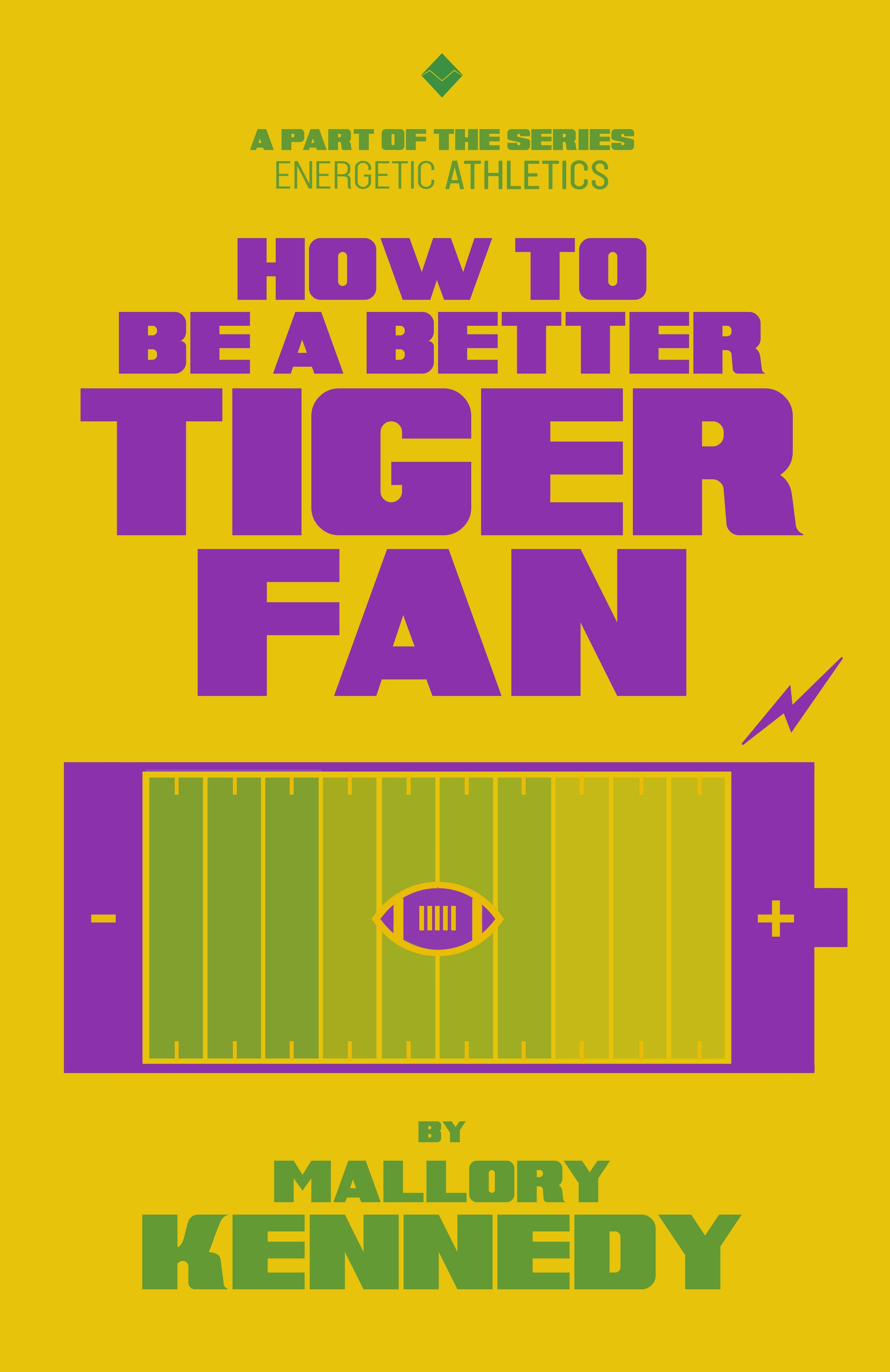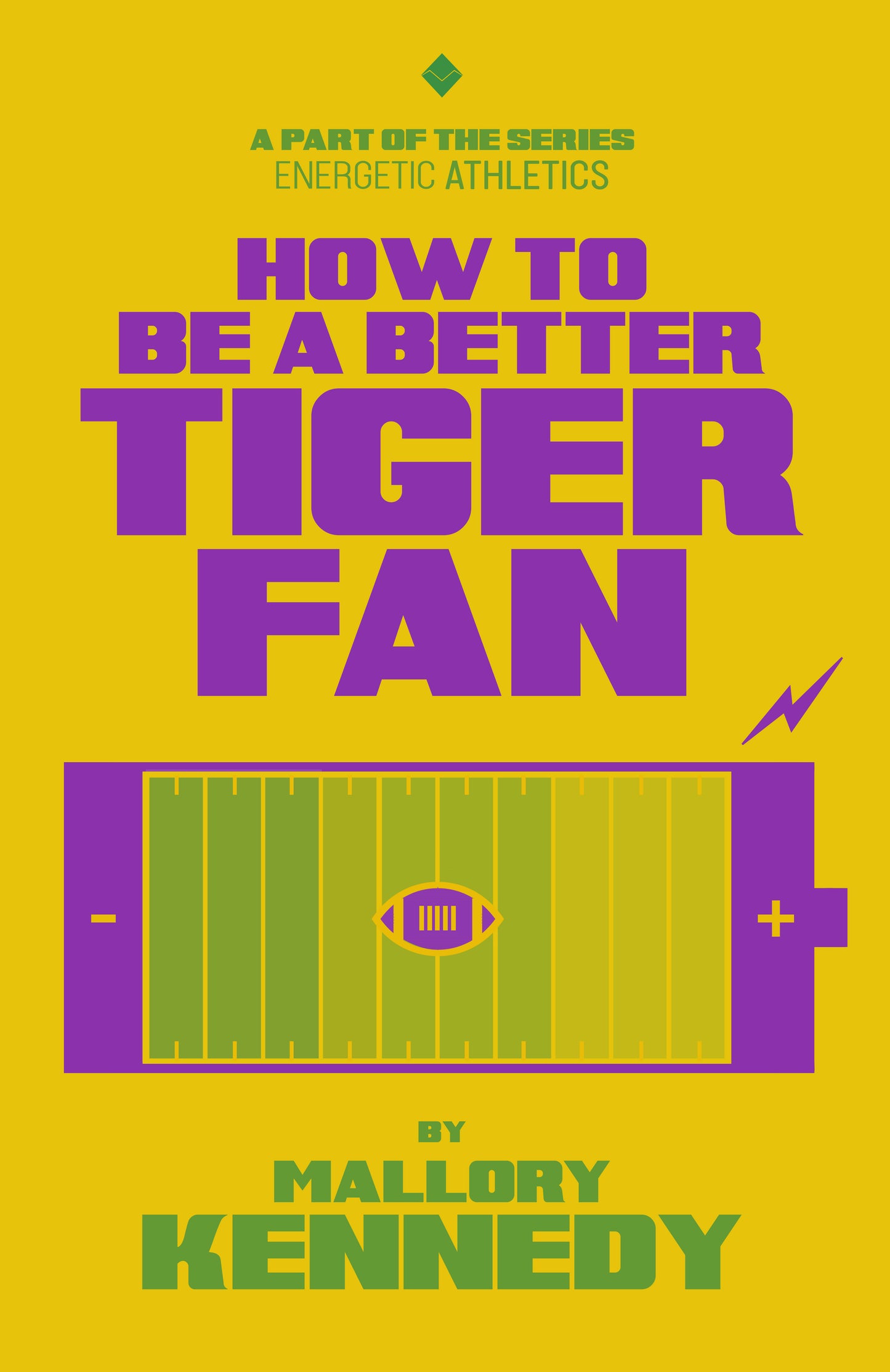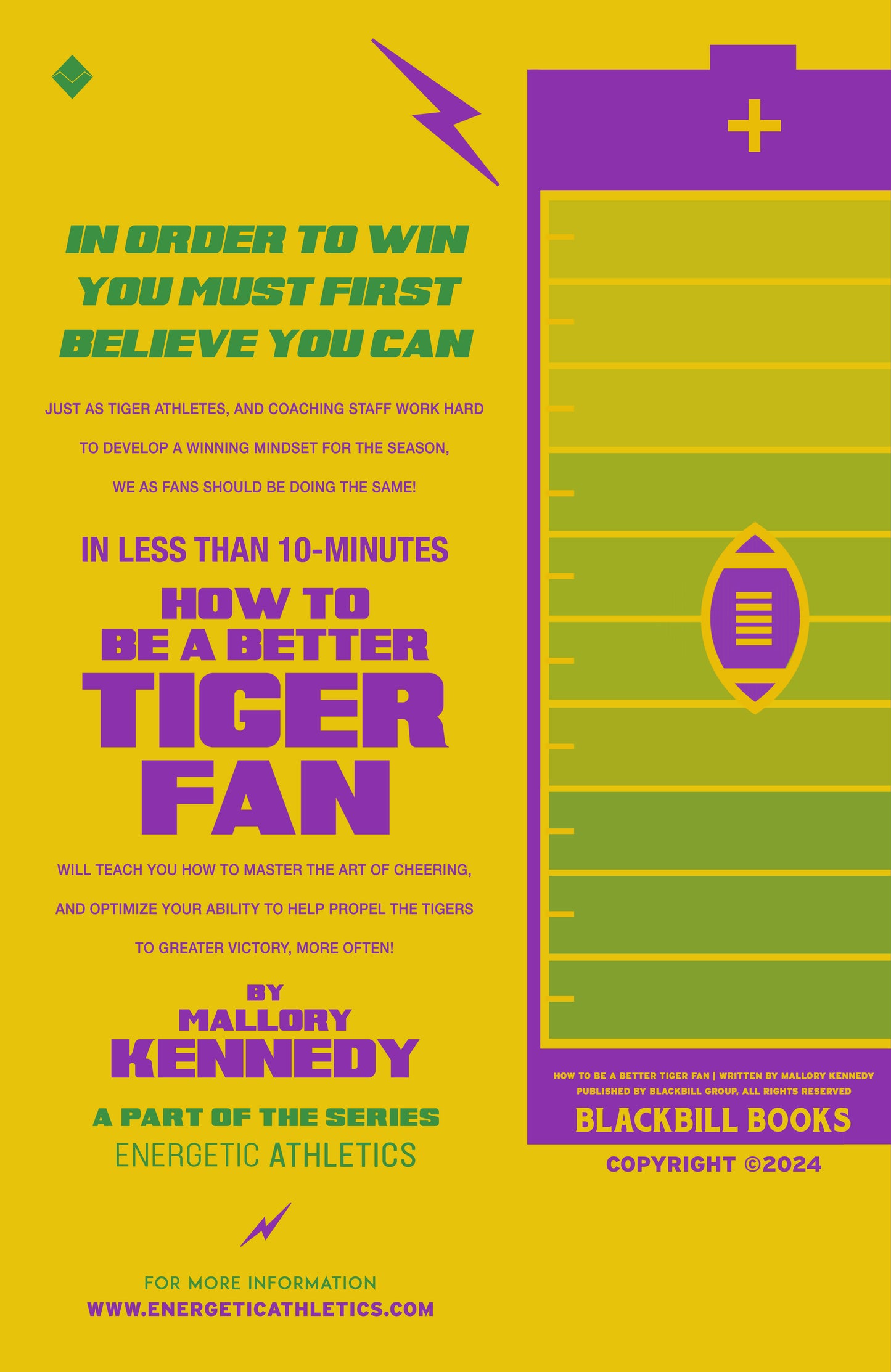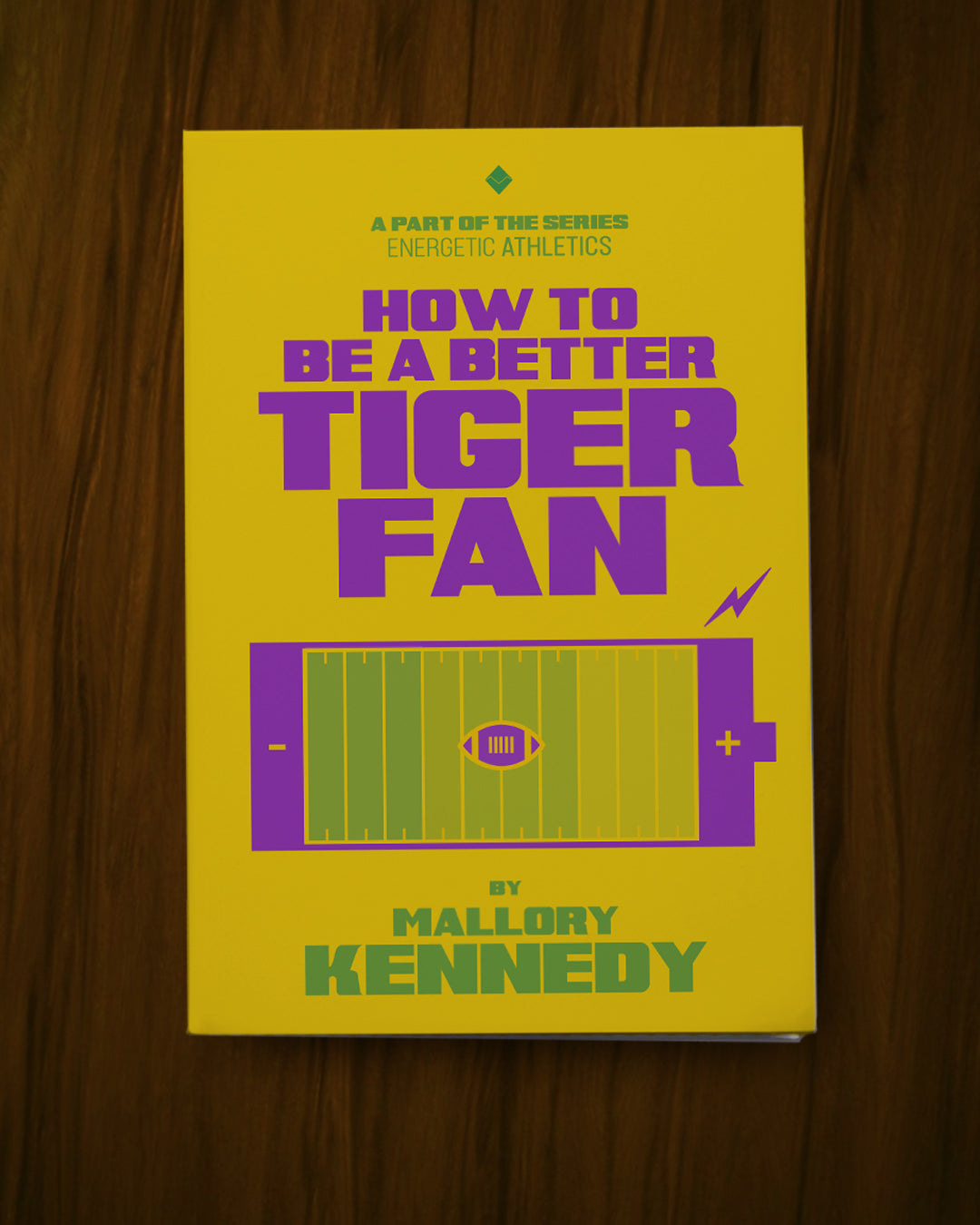In 2021, I had been living in Hollywood, California for about two years after having moved from New Orleans. Breaking away from the drinking culture of Louisiana, and The Big Easy, I wasn’t going out to bars on a regular basis anymore, and had pretty much stopped having daily drinks with the exception of when I was attending a work event or party. –but it wasn’t until I was at a celebrity golf tournament in Palm Springs that I realized I didn’t want to drink alcohol anymore, at all.

Ironically, this tournament was benefiting the Betty Ford Rehab Center. I had been out on the course all day filming with the crew for our Jim McMahon documentary, and the liquor had been flowing since well before 9am. Now, many hours later, everyone was well libated, and having a rip-roaring good time at the after party, dancing and socializing under the twinkling desert stars. I had gotten a glass of white wine from the open bar, and soon became lost in my own thoughts as I continued people watching from a cocktail table near the dance floor. As I was sipping this glass of wine, I realized I was not enjoying it at all, and yet, I still continued to drink it. “Why am I drinking this even though I don’t want it?” Was it to feel like I belonged? To be seen as “fun?” Why did I feel that in order to enjoy myself I needed to be drinking alcohol? I never thought I had drinking problem, and never considered myself to be "an alcoholic," but as I thought back over the course of my drinking career, I began to understand that I was usually drinking for one of five reasons:
1. To feel more comfortable
During my college experience and into my previous career as a political fundraiser, I was always surrounded by alcohol. Whether I was in a bar room in Baton Rouge, or throwing a party somewhere for work, I didn’t always feel comfortable in these environments, and sometimes, deep down I didn’t want to be there at all. –but drinking is a big part of adulthood, isn’t it? It certainly seemed like a big part of my job. –and isn't bar hopping what you were supposed to do in Louisiana on a Saturday night? It's an integral element of our culture, and how we celebrate milestones… at least that's what we’re taught. For years, I thought not being into the party scene meant something must be wrong with me. I thought I was the problem. Drinking alcohol is supposed to be the highlight of my day, right? That's what all those commercials on TV tell us. Where else is there to go except to Happy Hour after a long day at the office? How else are you supposed to meet a guy? So I drank my money day after day, and many times drank much more than my fair share due to fighting the feelings of not actually wanting to be in these places, and desperately hoping that the next drink or the next shot would make me feel at ease, and more content. The better I got at drinking, the worse I got at decision making, and my reactionary tendencies heightened tremendously. Any feeling of comfort I found at the bottom of a bottle was false and fleeting, always requiring more and more alcohol to maintain a sense of being “carefree.” In actuality, Happy Hour ended up being not so happy most of the time.
2. To sleep
Even on nights that I skipped the bar, I found myself sipping bourbon on my couch alone, hoping that the next pour would quiet my mind enough so that I could sleep. Just like trying to make myself feel more comfortable in social spaces, I was also using alcohol to make myself more comfortable with my own thoughts. –and most of the time that meant drinking enough to shut them down completely. Instead of acknowledging and accepting my emotions, and learning how to work through these thoughts and feelings so that they would no longer keep me awake at night, I was using alcohol to ignore them.
3. To be a good hang
Just like not being comfortable in certain environments, I was also not comfortable with certain people, or more so, with certain behaviors. I again thought I was the problem, and that free-wielding ways of living were “normal” and even preferable. So I drank to become a different person, and to drown out that little voice in my head who said… “eehhhh, I should probably go home. This ain’t it.” It took me a long time to realize I was actually drowning out my true self, my conscience, and my gut instinct. By ignoring and silencing this part of me, I often found myself in unpleasant scenarios that were completely avoidable.
4. Because it's what you are supposed to do
“What’s wrong with you? Why aren’t you drinking? Are you pregnant, or something?” Many times these are the questions I would get asked if I failed to have a drink in my hand at an event or when out with friends. The pressure to be seen drinking in order to be viewed as “ok” by others led me to drink even when I didn’t want to, solely to avoid awkwardness or being seen as “dull.” During my fundraising career it was normal to have drinks at meetings all day long. –breakfast mimosas, lunch martinis, wine at dinner and cocktails at the campaign event. Some of my political clients owned bars too, and we would literally have our staff meetings inside the bar room. I was swimming in liquor 24/7, and for a very long time I didn’t really think this was out of the ordinary. I thought this was just what you do when you live and work in Louisiana. –and even when I did think to myself “this is probably too much,” I wasn’t self-assured enough to pass on the shot of whiskey that a donor or my client offered to me. I couldn’t stand in my truth because I was afraid I might not get the next job, or the next donation if I seemed like a party pooper. I didn’t have the confidence to be my authentic self because I was too worried about what other people thought of me, and this caused me to end up drinking even more.
5. Pleasure seeking
If I had a bad day at work, or was experiencing disappointment inside of a relationship, I’d say things like “I need a drink.” This is escapism, plain and simple, and I was using alcohol as a form of pleasure seeking, hoping that I could drink away moments or memories of displeasure, my stressful thoughts, and negative or fearful inner-dialogue. I just wanted to feel happy, and I thought alcohol was the answer, even though it was only making the problems I had seem worse, while also creating new ones.
–but on that warm and windy night in Palm Springs, the stars aligned, you might say. Years of poor reasoning and excuses whirled around in my head, and I decided to ditch the wine glass. –and I haven’t picked one up since. I was officially "California Sober," until a month later, when I stopped using cannabis, too. I didn’t need any of it anymore. I was "sober, sober," and ready to stand in my truth, owning up to it all. Intoxicated, "toxic" being the key term here, was not something I wanted to be any longer.
In tandem with making this decision, I dedicated myself to asking the hard questions. By continually asking myself “why,” I was able to get to the bottom of my emotional issues, heading off any fearful thoughts that had previously caused me to use drinking or smoking as a distraction and a crutch. Because that's what it is– Any type of addiction, whether alcohol, drugs, food, shopping, sex, porn or otherwise, is actually a distraction that diverts our attention away from feelings of unhappiness, fears, emotional issues and anxieties by serving as a coping or defense mechanism. This is why ridding ourselves of addictions can be so difficult, because it isn’t necessarily the habit that is causing the problem or fixation, it’s our emotional state. Until we learn how to deal with our emotions and not ignore them, we will not be able to successfully overcome our addictions long term because we will still be looking for some manner of escape. This is why someone will often drop one bad habit, only to pick up an addiction of a different color. Addiction is simply a bad band-aid. To truly heal yourself, you must get to the source of the problem. –and most of the time, the source of the problem lives in your mind, and in your heart.
There is nothing wrong with having a nice glass of wine with dinner if you are truly enjoying it, and are not drinking to get drunk or block out unpleasant emotions. --but many of us are dealing with a broken heart, and if we are honest with ourselves, this is why we turn to alcohol, thinking it will help us be able to move on. --but alcohol will never heal a broken heart. It will only amplify the ache. Alcohol, or any other addiction, won't quell loneliness, ease depression and anxiety or extinguish anger, either. You can't put a bandaid over a gunshot wound, and expect to be fine in the morning. To heal these parts of us, we must look inside ourselves, as nothing on the external will ever do the trick.
Since choosing to fore-go alcohol, I have gained loads of self-confidence by unapologetically being my authentic-self, and learning how to face problems and deal with disappointments in a healthy way. My tendency for acting upon destructive impulsiveness has become a thing of the past, and it's incredibly freeing to be back in the driver’s seat of my own life, never having to wonder or ask “what happened last night?” –but these changes in perspective did not happen overnight, and it required being brutally honest with myself. I first had to accept that alcohol was not helping me, it was hurting me, creating even more problems, and hindering my potential. After taking full responsibility for this self-created problem, I had to then forgive myself for allowing it to occur. Once I took the pressure off of myself, letting go of any shame, guilt or self-judgment, I was able to start facing my emotions head on, and with time, I began to experience more blessings, and less and less adversity.
Being completely honest with myself, and answering the "why's" was not fun or pretty, but it was necessary to be able to move forward. Sugar-coating the facts will not work, and will not enable real change.
By participating with this process I was able to clean up my habits, and my emotions, gaining strength of character and a renewed sense of self-respect. Although there were times in the beginning that I felt like an outsider in social situations where alcohol was a focus, I eventually realized that I certainly do not need alcohol or any other foreign substance to have a good time, to celebrate, or for other people to like me. I can have just as much fun sipping a Shirley Temple, rather than a Sazerac.
Some of my friendships did change, but not being focused on drinking also freed up a lot of my time and brain power, and I was able to direct that positive energy into new relationships, projects and activities that were meaningful and beneficial to myself and others. I came to understand that I’ve got a lot more to offer to the world than my drinking skills. --and not only did I feel better, but I looked better, too. By working through my addictions, I gained so much more in return, and truly became a better, happier and more productive person who now experiences very minimal conflict.
So ask yourself, why are you drinking, or using drugs and substances? Is it making you happy? Or, is it distracting you from something else?
Cheers to mocktails, and finding a happier & healthier you!
-Mallory@malloryckennedy




